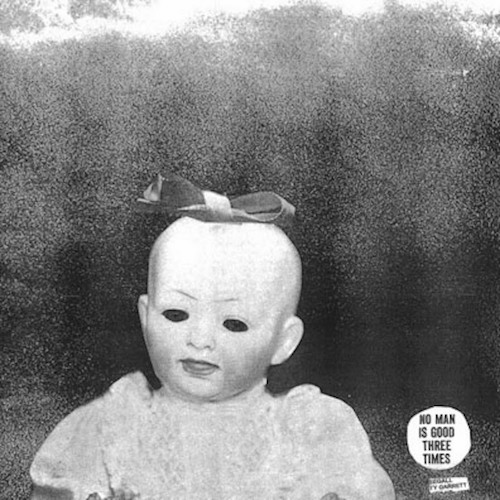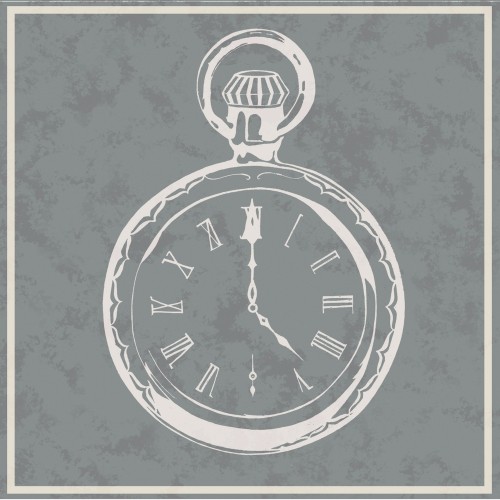 Release Date: February 15, 2011
Release Date: February 15, 2011





Chew on this for a second: Conor Oberst is 31. The boy wonder, the next Bob Dylan, the cathartic voice of youth, is 10 years older than all the members of the Smith Westerns and doubly as old as Justin Bieber. He has wandered through multiple bands, cover stories in magazines and an almost total erasure of the impish warble that defined his halcyon days. And now he’s come back to the Bright Eyes well, somewhat humbled by the lack of praise his own name earned him in the harsh musical sunlight.
To call The People’s Key a return to form for Oberst, Nate Walcott and Mike Mogis, is to do a disservice to the idea that Oberst is constantly trying to reinvent the Americana medium to his own ends.
This time, Oberst reveals that he always been a wannabe mystic. Cassadaga was all about Conor grounding himself into the most extreme socialist, mystical gypsy clan possible in the United States. What resulted was a record that, while effortlessly and masterfully produced and performed by Mogis and Walcott, came off as preachy in places and overly syrupy in others. It was still an improvement on Oberst’s days of stitching emo and Americana together, but not by much.
In a sad turn, The People’s Key is even more on its own soapbox—for the first time, Oberst creates a set of songs with what he feels his intended voice to be: philosopher.
The one thing that has kept Oberst’s narrative voice interesting is he sees the world in a much more colorful, ultra-sensory way than we do; here, we get bloated from head to toe with his warped ramblings. Oh, and there’s a bullshit philosopher introducing half the songs that eventually convey more of a joke than a serious introspection on what exactly love means in a cosmic sense. He seems purposeless and ironic until his final words, as he attempts to summarize his drug-addled ramblings.
After the end of palette-cleansing closer “One For You, One For Me,” Oberst interjects his own word, “mercy,” in order to get across the more important point of the spoken-word nonsense. Oberst thinks of himself as supremely intelligent; that he’ll assemble the pieces of what narrator is saying and sum it up better. It’s Oberst at his most pretentious, and it’s almost hard to hear.
The saddest part of listening to Oberst’s nonsensical ramblings about “triple spirals,” music sung in “the people’s key,” and the educational babble “beginner’s mind” is that Mogis and Walcott have never sounded better. They’ve tightened up their sound, incorporated synths into the mix of their strongest songs (“Halle Selassie,” “Shell Games”) and come back to Bright Eyes with an intuitive knowledge of how to incorporate pop into Americana.
It’s too bad Oberst is out on his American walkabout—The People’s Key could be an amazing pop album if it wasn’t so focused on creating a religion.
The moments when Oberst gets personal and romantic (the bridge of “Halle Selassie” when he says “I was swimming with you”) are reminders that Oberst did create a personal record like I’m Wide Awake, It’s Morning before, and could do it again if he wasn’t so choked on his own power.
The point about Oberst’s age comes into play on his most important song—the close-as-barroom elegy for a friend who had committed suicide “Ladder Song.” Oberst sets down his spiritual guides (“let Judah hang and Buddha sit”) and writes a wounded song perfectly reflected by haunting piano.
At 31, Conor Oberst has almost had a full career of personas—promising, ultra-earnest youngster, Americana savior, misguided electro-experimenter, mystic faux-prophet—but at his core, he still sings as if he’s a 20-year-old neophyte. At his best, Oberst embraces his youthful spirit, like on “Ladder Song.” And perhaps listeners should take some of the blame for The People’s Key’s myriad failings—they related Conor to Bob Dylan, then left him out in the cold to think about whether they still meant it or not when something better came around.
Maybe listeners turned Conor Oberst into a preaching mystic who thinks he’s more transcendent than he is. If that’s even remotely the case, The People’s Key is our albatross, not his.
Bright Eyes – The People’s Key tracklist
- “Firewall”
- “Shell Games”
- “Jejune Stars”
- “Approximate Sunlight”
- “Haile Selassie”
- “A Machine Spiritual (In the People’s Key)”
- “Triple Spiral”
- “Beginner’s Mind”
- “Ladder Song”
- “One for You, One for Me”


